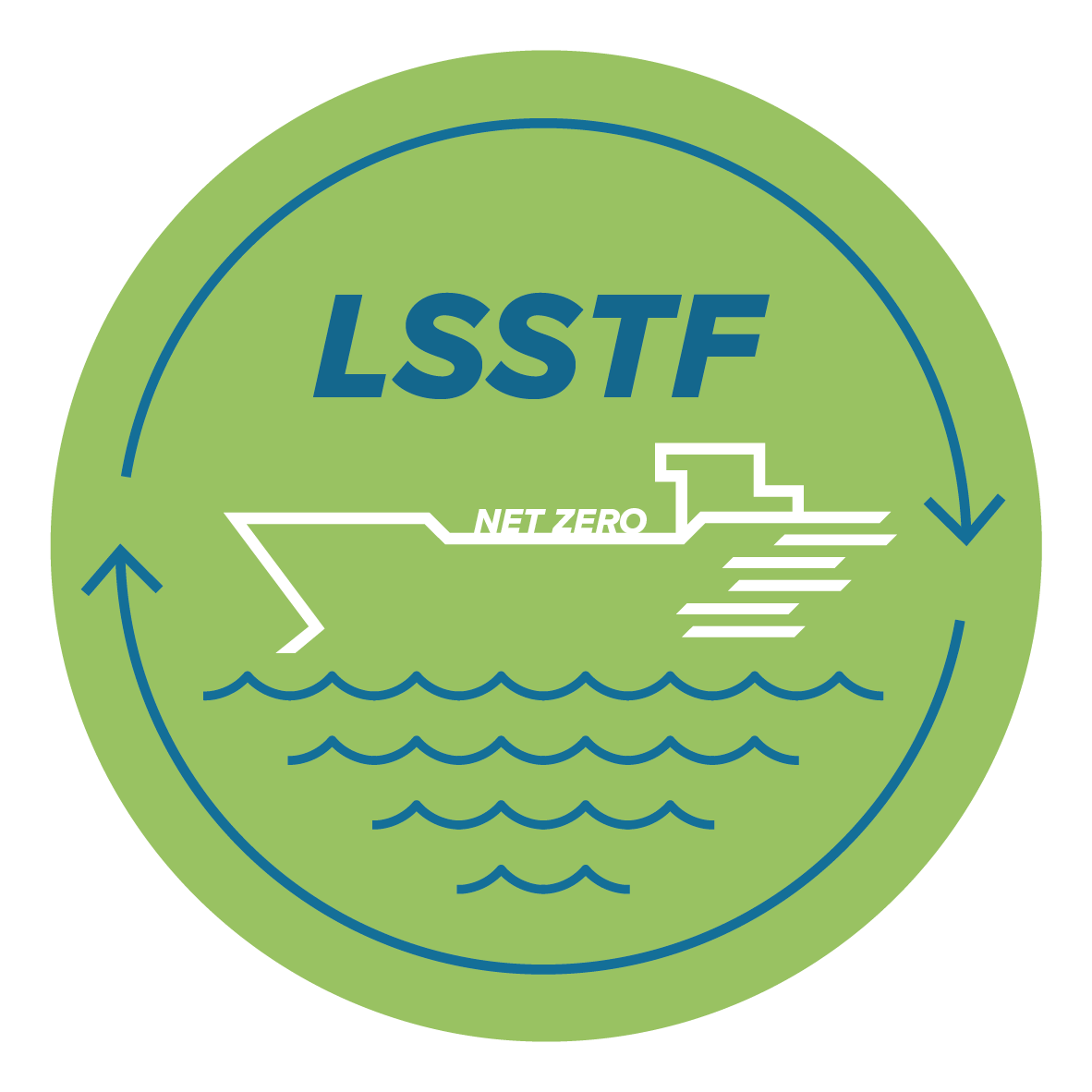Angela Mary Thomas
Fundacion Tecnalia Research and Innovation
Dr. Angela Mary Thomas is an EU project manager at Fundación Tecnalia Research and Innovation in San Sebastian Spain. She has a doctoral degree on Computational Chemistry from Indian Institute of Science, Bengaluru India where she studied the effect of nanoconfinement on gas molecules in porous materials like zeolite and MOFs. Post her doctoral research, she migrated to Netherlands, where she performed computational studies on membrane separation at University of Twente as a post-doctoral researcher. She joined Tecnalia in 2023 as a project manager and assisted Dr. Jose Luis Viviente in project coordination for various EU projects like ARENHA, AMBHER and ANDREAH. She also is in charge of developing modelling strategies for membrane separation at Tecnalia. She joins APOLO project as a project coordinator where she will be overseeing the decarbonization of maritime sector by using novel ammonia cracking technologies paired with fuel cells and ammonia engine.

Advanced power conversion technologies based on onboard ammonia cracking through novel membrane reactors
Advanced power conversion technologies based on onboard ammonia cracking through novel membrane reactors
Advanced power conversion technologies based on onboard ammonia cracking through novel membrane reactors
Advanced POwer conversion technoLogies based on Onboard ammonia cracking through novel membrane reactors
The APOLO HORIZON EUROPE project (www.apoloproject.eu), aims to tackle the challenges of power conversion from ammonia and develop an efficient and flexible ammonia cracking technology. This technology will be coupled with fuel cells and internal combustion engines to achieve complete decarbonization of the maritime sector. Through this project, two demonstration units will be showcased: i) A 125kW power conversion system that utilizes an ammonia cracker coupled with a PEM fuel cell system, achieving an overall system efficiency of 51% to 54%. The ammonia cracker will be customized to work with different pressure conditions and efficiency levels to evaluate the flexibility of the cracking system for all types of PEM fuel cells. ii) A 125kW partial ammonia cracker coupled with a 4-stroke engine, exhibiting an overall system efficiency above 45%. A Selective Catalytic Reduction system (SCR) will also be developed for the removal of NOX emissions from the exhaust of the novel engine. Thus, APOLO is dedicated to minimizing the ecological footprint of transportation and energy, focusing on the maritime sector.
Along with the development of innovative power conversion technologies such as cracker, fuel cell, and engine, APOLO also involves life cycle assessment (LCA) and health and safety analysis (HSE) at various stages of product development. The technologies developed in APOLO will be capable of targeting the first 30,000 ships in the market. Initially, the focus will be on vessels with 1 to 10 MW propulsion, with a significant number of them being around 3 MW in the next decade, as these are the first vessels relevant for ammonia-powered solutions.
This project has received funding from the European Union’s Horizon Research and Innovation action under Grant Agreement No. 101138466. Views and opinions expressed are however those of the author(s) only and do not necessarily reflect those of the European Union or CINEA. Neither the European Union nor the granting authority can be held responsible for them.



